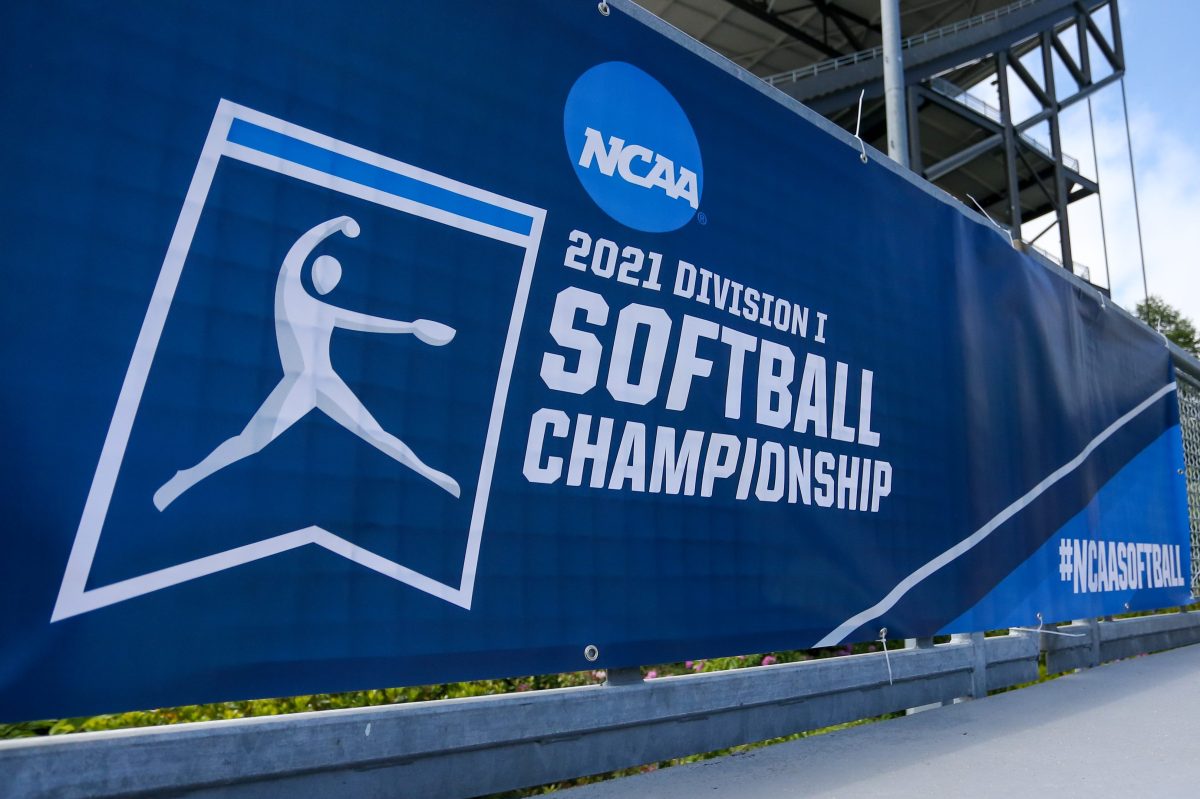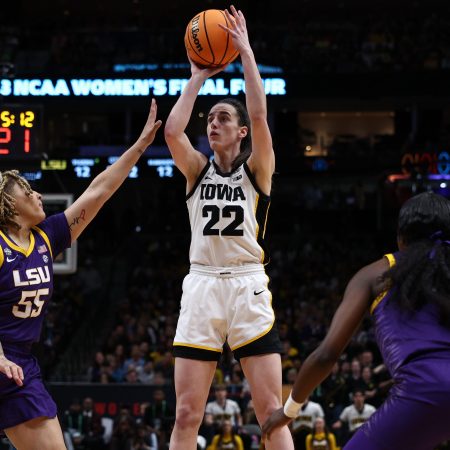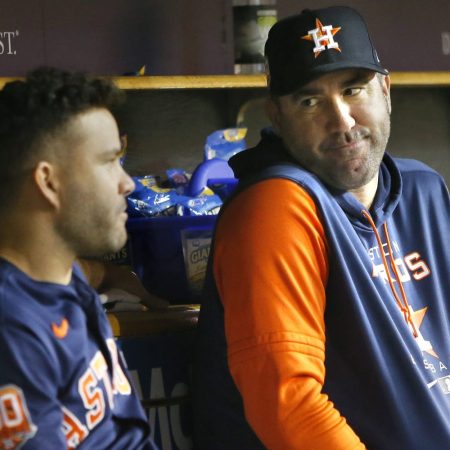An analysis conducted by FiveThirtyEight of attendance at men’s and women’s Division I championship events has found the NCAA vastly limited the number of fans who were allowed to attend the latter during the pandemic.
In the examination of championship attendance during the pandemic-limited 2020-21 season, FiveThirtyEight found women’s finals averaged a capacity of 6,525 spectators while men’s finals averaged a capacity of 15,071.
For some unclear reason, the NCAA limited attendance at the DI women’s basketball championship game between Stanford and Arizona to 17% capacity while it allowed the men’s national final between Gonzaga and Baylor to have 25% capacity. Of course, local regulations could have been a factor.
In an email, NCAA Associate Director of Communications Greg Johnson wrote “social distancing, mask mandates, the size of the venue where competition is being played in” were all factors in capacity decisions. But, in the above instance, the men’s hoops final was played at Lucas Oil Stadium in Indiana while the women’s basketball final was played at the Alamodome in Texas, a state that has had a glaring lack of COVID-19 restrictions during the pandemic.
“There isn’t a gender component for attendance to NCAA championships,” Johnson wrote to FiveThirtyEight. “The attendance is set by each championship sports committee that oversees a specific championship. These committees use several factors in determining attendance at the venue where competition will take place. It’s very hard. I almost want to give people in positions of power a pass for the pandemic. But it should have already been established that NCAA championships needed to have gender equity as one of their guiding principles. There’s an opportunity that the pandemic exposed. We’re not thinking about equity, and it makes us vulnerable to disparities. We’ve got to learn from this experience, because there’s an opportunity and a lesson here to do better.”
It’s just one more thing for the NCAA to apologize for.
Whether you’re looking to get into shape, or just get out of a funk, The Charge has got you covered. Sign up for our new wellness newsletter today.


















